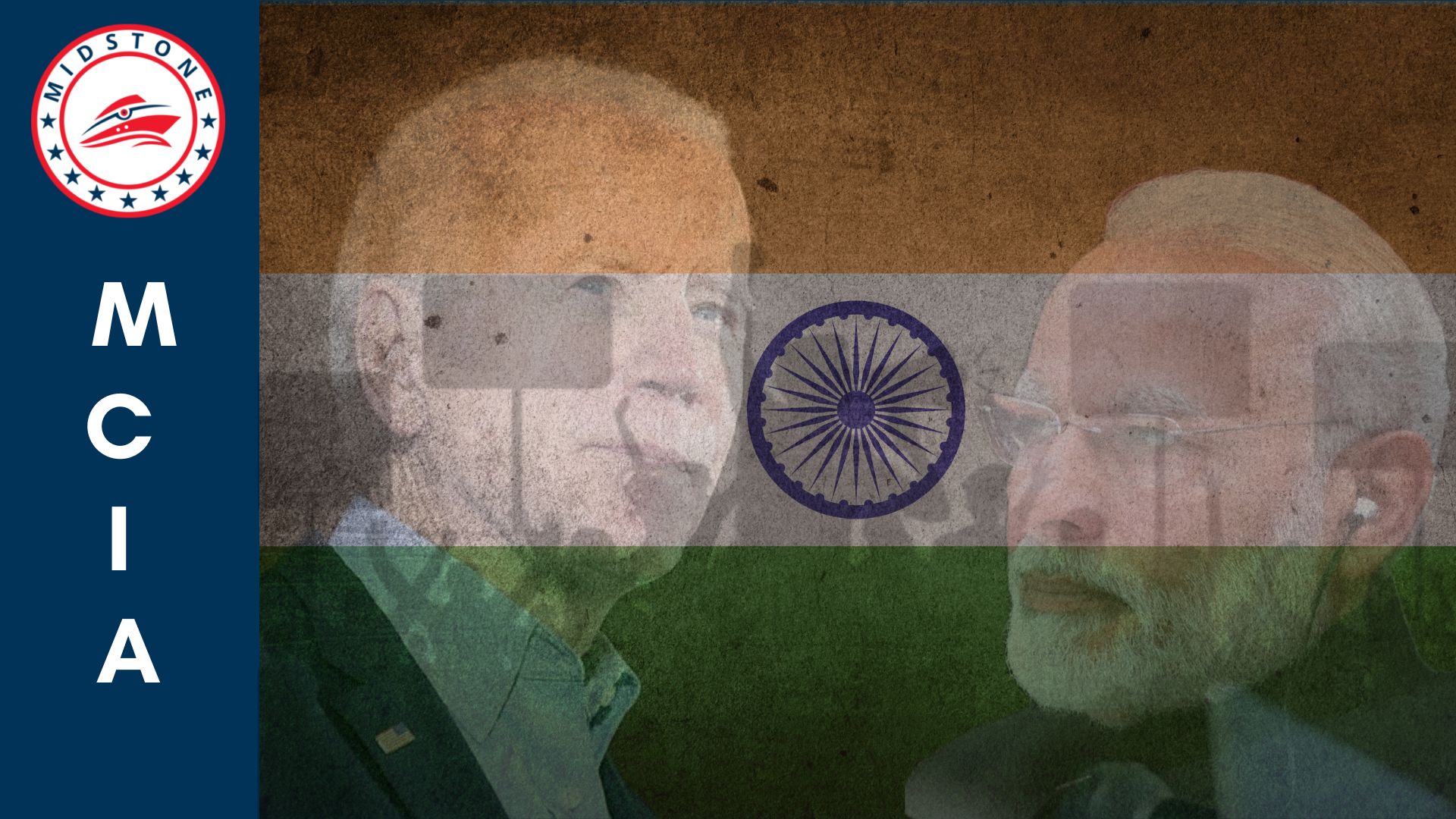
The surge in communal violence has sparked concern among many in India who fear the country is becoming more polarised than ever along communal lines. For many, the blame should be directed toward the ruling right-wing party Bharatiya Janata Party, led by the prime minister, Narendra Modi.
The BJP is accused of overseeing a religiously divisive agenda and emboldening hostility towards minorities.
The U.S. since the late 1990s has sought to deepen ties with India, believing the world’s two largest democracies have common interests, economically, politically and security interests against terrorism and China’s expansionism in the Indo-Pacific region.
The U.S., however, has been voicing concerns about religious freedom in India as the BJP faces accusations of pursuing policies that lead to communal rise.
Secretary of State Antony Blinken said in April that the Biden administration is monitoring human rights abuses in India; this month, he named India a country with deteriorating religious freedoms.
In June, U.S. Secretary of State Antony Blinken said the report showed religious freedom and the rights of religious minorities were under threat around the world.
“For example, in India, the world’s largest democracy and home to a great diversity of faiths, we have seen rising attacks on people and places of worship,” he said.
India hit back, accusing the U.S. of indulging in “vote bank politics” in international relations.
The Biden administration, which is led by the Democratic Party, has campaigned on the platform of advancing human rights and democracy through foreign policy. In this regard, the Trump administration, which didn’t give as much importance to human rights abroad, was an exception, and with the arrival of Biden administration the U.S. returned to its traditional policy of advancing human rights and democracy abroad.
Meanwhile, Freedom House has also dropped India from the upper ranks of free nations to a rating of being only partly free. This week the Indian government also proceeded to order Twitter to censor some of the critical tweets made by Freedom House which talked of the declining internet freedom in India.
Impact on US-India Relations :
The vocal criticism from U.S. institutions and leaders on India’s internal issues to some extent threatens the most fundamental basis for solidifying the Indo-U.S. relationship: common values. So far the Indian government led by the BJP has not taken kindly to the public criticism from U.S.
At the same time, key U.S.-based publications like the Washington Post have given space to significant amount of content that has been critical of the Indian government and the human rights situation in the South Asian country.
With the negative news coverage in the U.S. regarding India, the India-U.S. partnership will become somewhat of a harder sell for U.S. leaders at home.
If this trend continues, the undermining of India’s democratic institutions and traditions will have a corrosive effect on the popular view of India in the U.S. In the case of continuation of this trend, some might even draw comparisons with the U.S.-Pakistan relationship, which has never had much popular support among the American public.
India cannot ignore the fact that its significant international influence owes more to its democratic successes than its still unfulfilled potential to be an economic and security powerhouse.
U.S. will continue to monitor the human rights situation in India while urging the Indian government not to undermine democratic institutions and human rights at home. However, the U.S. show of concern over the human rights situation in India is expected to have impact on optics but it will not derail its strategic partnership with India, particularly in the Indo-Pacific region. At the same time, U.S. governments (of present and future) are also expected to keep limited pressure on India regarding the human rights situation. But the India-U.S. strategic relationship is too comprehensive and rooted in core common interests to be derailed by the communal tensions and human rights situation in India.
